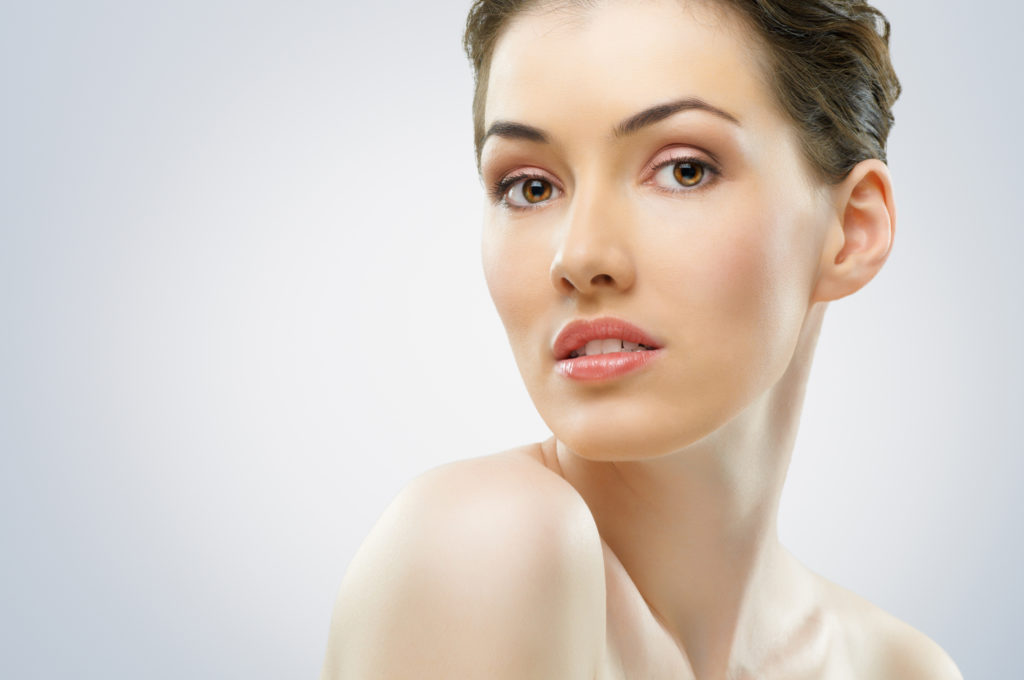Skin Care

Modern skin care methods include use of cosmetics, botulinum, exfoliation, fillers, laser resurfacing, microdermabrasion, peels, and retinol therapy.
Skin care is recommended daily to deal with oily and dry skin. Also, skin care is recommended to prevent dermatitis and skin injuries.
Dermatology and cosmetology work side by side to treat and enhance the skin problems. Dermatology is healthcare profession which aims to diagnose, cure, mitigate, treat, or prevent skin diseases.
Skin care has less medical intervention and includes non-physician professionals.
Some of the key methods which one must practice for skin care include:
Protect yourself from the sun
A prolonged and lifetime skin exposure can result in wrinkles, age spots and other skin problems and even skin cancer.
One must use apply sunscreen to prevent hazardous effects of the sun
Use sunscreen. Apply broad-spectrum sunscreen with an SPF of at least 15. Apply sunscreen after 2 hours especially if you are sweating or swimming in sun.
Stay away from sun between 10 a.m. and 4 p.m., when the sun’s rays are at its peak.
Cover yourself with proper clothing
Use tightly woven long-sleeved shirts, long pants and wide-brimmed hats. In market look for clothes which can protect from harmful UV rays
Quit smoking
Smoking heavily contributes in making the skin look older and contributes to wrinkles. Smoking constricts the blood vessels on the superficial part of skin, which decreases blood flow and makes skin paler. This also depletes the skin of oxygen and nutrients that are important to skin health.
Smoking also damages collagen and elastin — the fibers that give your skin strength and elasticity. In addition, the repetitive facial expressions you make when smoking — such as pursing your lips when inhaling and squinting your eyes to keep out smoke — can contribute to wrinkles.
In addition, smoking increases your risk of Squamous cell skin cancer. If you smoke, the best way to protect your skin is to quit. Ask your doctor for tips or treatments to help you stop smoking.
Gently care for your skin
Do not cleanse or shave your skin on daily basis as it can have harmful effects on your skin. Some tips to keep your skin cool are:
- Restrict bath time. As it depletes essential oils from your skin. Avoid hot water and prefer lukewarm water.
- Say no to harsh soaps. They also remove oil from your skin. Use gentle soaps.
- Shave carefully. To protect and lubricate your skin, apply shaving cream, lotion or gel before shaving. For the closest shave, use a clean, sharp razor. Shave in the direction the hair grows, not against it.
- Do not rub your skin after bath rather pat dry after a wash
- Daily moisturize your skin
Eat well balanced diet
Consume foods rich in fruits, vegetables, whole grains and lean proteins. The correlation between diet and acne isn’t clear — but some research suggests that a diet rich in fish oil or fish oil supplements and low in unhealthy fats and processed or refined carbohydrates removes acne and makes the skin appear youthful. Drinking plenty of water helps keep your skin hydrated.
Use stress busters
Keep stress a bay, as stress can damage your skin in the form of acne. Enjoy good sleep and try to manage stress by methods like exercise, yoga and meditation.
Your skin is a mirror of your internal health. Try to maintain a good lifestyle so as to make your skin ever glowing and radiant.
Skin care in elderly and children
Skin in both elderly and children are fragile and prone to infections. The best tip of skin care in both is to keep the skin clean and free from infections.
A regular skin cleaning and moisturizing the skin in both children and elderly can produce immense benefits.
Sources:
https://www.mayoclinic.org/healthy-lifestyle/adult-health/basics/skin-care/hlv-20049421
https://newsinhealth.nih.gov/2015/11/keep-your-skin-healthy
https://www.cdc.gov/family/minutes/tips/protectskin/index.htm


